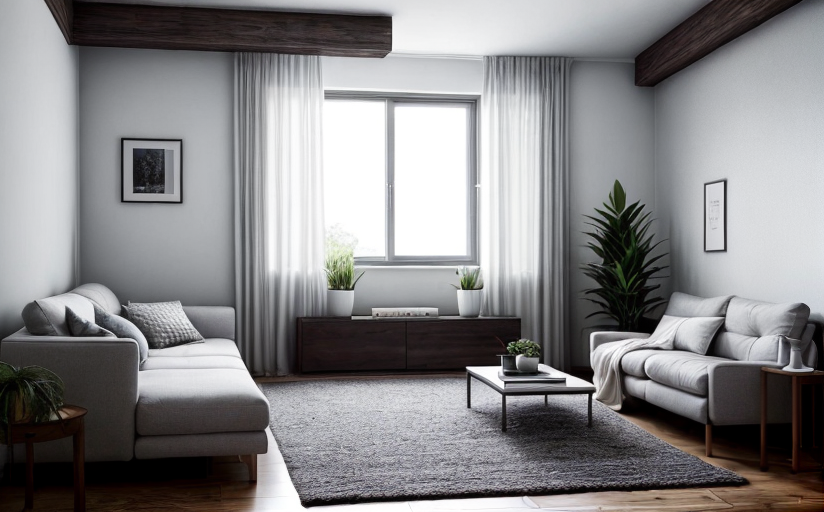The Impact of Minimalist Living on Mental Health
Minimalist living is simply a lifestyle that champions simplicity, intentionality and consciousness of consumerism. In the grand scheme of contemporary living where consumerism is on the overdrive, more and more individuals are turning to minimalist living for a simpler life. But can minimalist living affect our mental health? Based on anecdotal evidences and professional research, the answer tends to be overwhelmingly positive.
What is Minimalist Living?
Minimalist living typically involves a deliberate reduction of physical material possessions and a refocused shift towards experiences, relationships, and activities that bring personal joy and satisfaction. This could range from decluttering a room, embracing a clean and simplified interior design, to disregarding non-essential purchases. The process of adopting a minimalist lifestyle is anchored on the principle of intentional decision-making in relation to one's resources, time, and consumptive tendencies.
The Facets of Mental Health
Mental health encompasses our emotional, psychological, and social wellbeing. It affects how we think, feel, and act, impacting our daily lives and relationships, including our capacity to handle stress, relate to others, and make decisions. Mental health issues are often manifested in various forms such as depression, anxiety, stress, and many other conditions.
The Intersection between Minimalist Living and Mental Health
Minimalist living is believed to greatly impact individuals' mental health in multiple ways. By reducing physical clutter, removing non-essential items from our lives, and focusing on what genuinely matters, we can aid in decreasing stress, improving focus, instigating productivity, enhancing self-efficacy, nurturing healthier relationships, and even bettering sleep quality.
Decluttering, Stress and Anxiety
A 2009 study by Saxberg et al showed that women living in cluttered environments had a higher level of the stress hormone cortisol. Keeping a minimalistic and decluttered environment could potentially lower stress and anxiety, and support a more peaceful mental state.
Materialism, Depression and Loneliness
Material possessions often become a measure of success or happiness for many individuals. Such mindset often leads to a cycle of consumption that can breed feelings of inadequacy, loneliness, and even depression. A minimalist lifestyle challenges this norm by shifting focus from material possessions towards valuable experiences and relationships.
Real-life Examples and Case Studies
Joshua Fields Millburn and Ryan Nicodemus, globally renowned as The Minimalists, have often shared about how minimalism has drastically improved their mental health. Leaving six-figure jobs that were causing them sedentary stress and anxiety, they chose to adopt a minimalist lifestyle. Their experiences illuminated how getting rid of physical clutter and unnecessary possessions led to less stress, improved focus and heightened appreciation for life.
Practical Tips to Adopt a Minimalist Lifestyle
Adopting a minimalist lifestyle is a personal journey and may look different for each individual. Here are some practical tips for embarking on this journey:
- Start with a simple decluttering project in one room or a specific area in your home.
- Practice intentional buying - ask yourself whether a potential purchase will add value to your life.
- Value experiences and relationships more than possessions.
- Focus on what you really need rather than what you want.
In conclusion, minimalist living could potentially enhance mental health by reducing stress and fostering a sense of control over one's surroundings. However, it's important to remember that minimalist living is not a cure for severe mental health issues and professional help should be sought when necessary.



















Comments
Leave a Comment